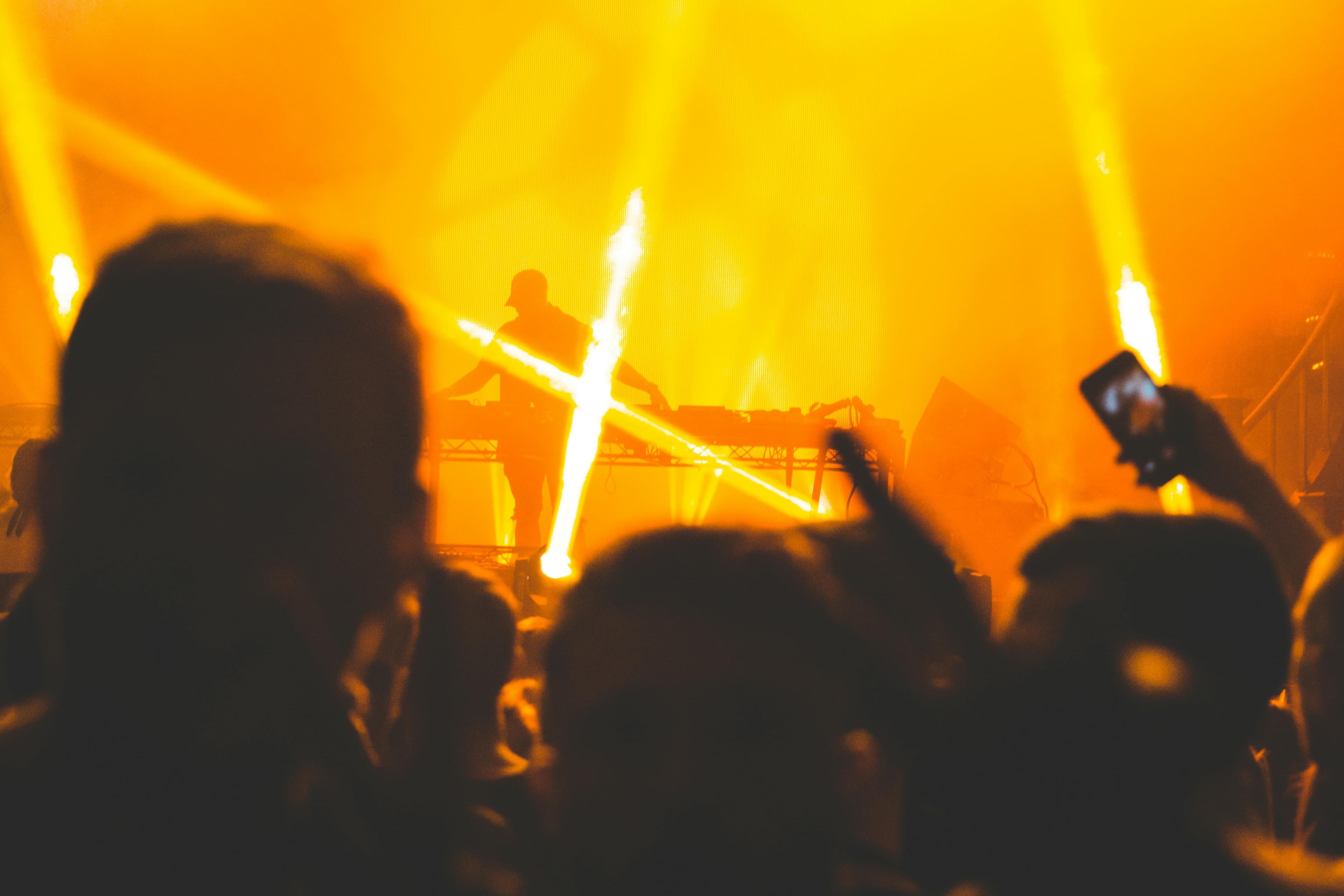“Amapiano Nation: How Amapiano Hijacked Nigerian Nightlife

Nigerian clubs now pulse almost entirely to the rhythm of Amapiano — not Afrobeats. DJs spin sets where 8 out of 10 tracks are rooted in the South African sound, and crowds go wilder for it than they do for local hits. With champions like Davido, Asake, Sarz, and Niniola pushing the wave, Amapiano isn’t just trending — it’s taking over. But as beats from unknown South African acts dominate our nights, one has to wonder: did Afrobeats fall asleep, or did Amapiano simply outdance it?
Walk into any Lagos nightclub today and you’ll likely hear it before you even get to the dance floor — that deep, log-drum bassline, a soft whistle, and a hypnotic groove. It’s Amapiano. Again. And again. And again.
These days, 8 out of every 10 songs spun by DJs in Nigerian clubs are Amapiano-based. Not just influenced — full-blown, unmistakably South African-rooted Amapiano. From lounges in Lekki to clubs in Abuja, the atmosphere erupts the moment the beat drops. Meanwhile, classic or even fresh Afrobeats hits are increasingly playing second fiddle. It's a reality many club-goers are beginning to question: What’s happening to Naija Afrobeats on home turf?
The Amapiano Invasion — Or Integration?
Amapiano, born in South Africa, isn’t entirely new to Nigerian ears. But its current chokehold on our nightlife scene is undeniable. It’s not just a feature — it’s the feature. Entire sets are now dedicated to the genre, often playing tracks where even the artist's names go unknown. Yet, the energy? Unmatched.
So what’s the secret sauce? One obvious answer: the dance. Amapiano didn’t come alone — it brought along a full package of fluid, viral dance moves that thrive in social settings. Its groove is steady but versatile, allowing both dancers and hype men to sync into a collective rhythm that feels euphoric. And in a culture that values energy, movement, and release, Amapiano hits a sweet spot that’s hard to ignore.
But It Was Naija That Put It on the Map
Ironically, some of the very artists who helped globalize Afrobeats are the same ones who propelled Amapiano’s popularity in Nigeria.
Davido, never one to sleep on a trend, jumped on the sound early with hits like “Champion Sound” featuring Focalistic, helping bridge the Nigeria-South Africa music wave. Asake practically built his sonic identity with an Amapiano foundation, blending Yoruba lyrics, Fuji elements, and SA-style log drums to create a unique hybrid that dominated 2022 and 2023. His success proved that Amapiano wasn't just a guest sound — it could become part of our musical DNA.
Let’s not forget producers like Sarz, who’ve flirted with the sound in experimental ways, or Niniola, who was one of the earliest adopters, infusing Amapiano into her Afro-House style before it became mainstream in Nigeria.
So, What’s Happening to Naija Afrobeats?
This doesn’t mean Afrobeats is dying. Far from it. The genre remains one of Nigeria’s greatest cultural exports, with stars like Burna Boy, Wizkid, Rema, and Tiwa Savage continuing to make global waves. But within Nigerian clubs, Amapiano is not just trending — it’s dominating.
Part of the reason might be fatigue. Afrobeats has been the dominant sound for over a decade. As with all genres, listeners crave freshness. Amapiano offers a sonic break — less lyrical pressure, more rhythm, more vibe.
It’s also about tempo. The mid-tempo bounce of Amapiano aligns perfectly with Nigeria’s evolving party scene: people want to feel, move, and vibe — not just sing along.
A Sound Here to Stay?
Amapiano doesn’t feel like a passing phase, unlike many past club trends. It has woven itself into Nigeria’s nightlife culture — not replacing Afrobeats, but reshaping how we dance, DJ, and define the party experience.
Did Afrobeats become too comfortable, too obsessed with global charts and polished crossover appeal, while Amapiano stayed grounded, raw, and connected to the streets? Have we forgotten that club culture is about pulse—not perfection?
If Nigerian artists don’t re-root themselves in the energy that made Afrobeats global in the first place, the scary truth might be this: Amapiano didn’t invade — it filled a void.
And maybe, just maybe, that void says more about us than it does about them.